Berlin-based Architect Francis Kere Becomes First African in 4 Decades to Win Pritzker Prize - Nobel Prize of Architecture
- 17th Mar 2022
- 1863
- 0

The Berlin-based architect Francis Kere famed for exploiting local resources to construct his pioneering design, has become the first African to receive the prize in its 40-year-long history. Rather than utilising concrete that gets too hot during summers, Kere resorted to the old approach of employing clay, more suited for Sahel's temperature earning him this critical accolade in architecture.
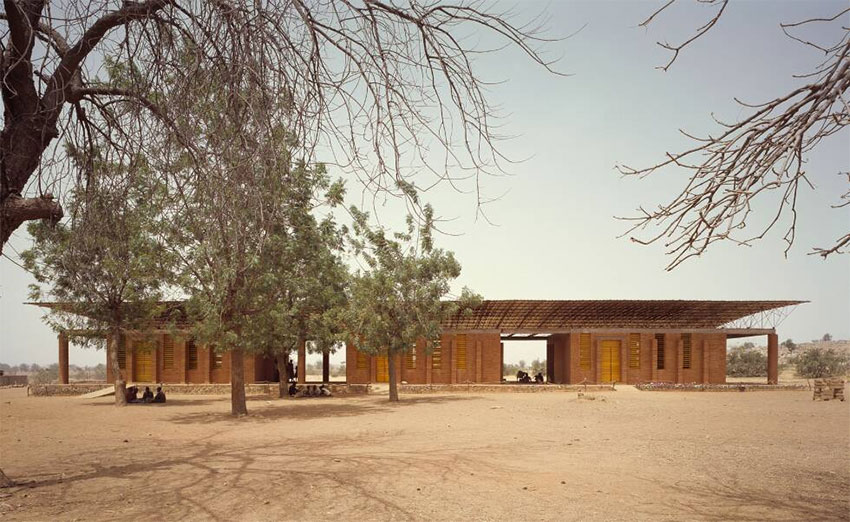
Throughout his career, Kere created schools, health facilities, housing, civic buildings, and public spaces throughout Africa, including Burkina Faso, Mozambique, Togo, Kenya, Benin, Mali, and Sudan. The panel chose to reward him for the projects that are sustainable and which are altering the communities via architecture.
"For a better future for all of us, not just in Africa, but for all of us on this planet, it's important to go back and actually use only those materials that nature gives us freely and to stop over-exploiting them,"architect Diebedo Francis Kere told DW in February, discussing his designs for the Goethe-Institut in Senegal.
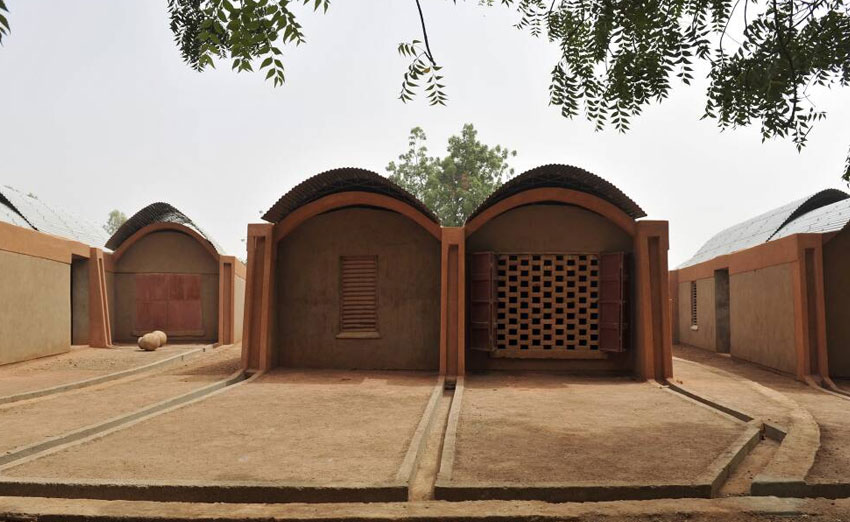
This technique is precisely what won Francis Kere the Pritzker Prize, frequently referred as as the "Nobel Prize of architecture."
The Pritzker judges lauded his
"pioneering" designs that are "sustainable to the environment and its people – in places of acute scarcity."
Kere "empowers and changes communities via the process of architecture," developing structures "where resources are fragile and fellowship is crucial,"the jury's statement continued.
"Through his dedication to social justice and involvement, and wise use of local materials to connect and react to the natural environment, he works in disadvantaged nations saddled with limits and difficulties,"the organisers of the prize further remarked.
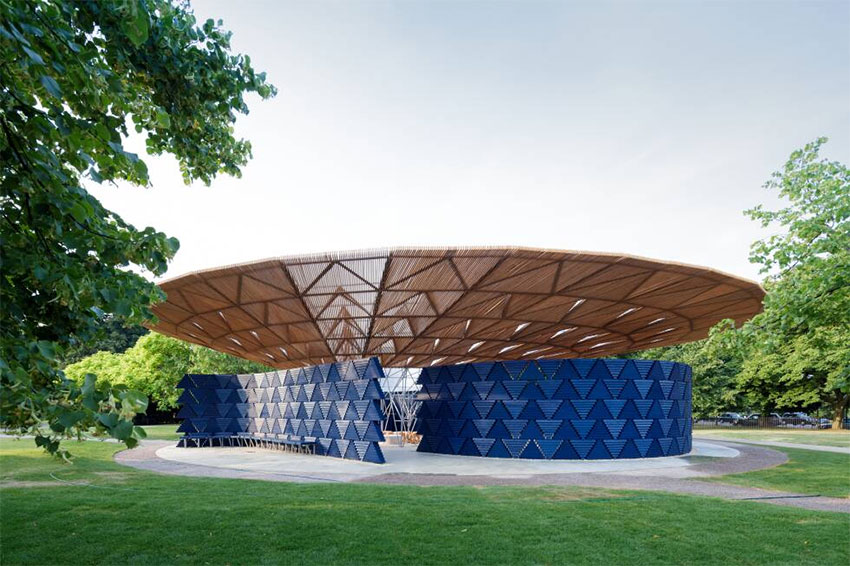
More About Francis Kere
Kere was born in 1965 in Gando, a Burkina Faso community of roughly 3,000 persons, in a family of 14 children. At an early age, he was transferred to a nearby village to master traditional construction skills.
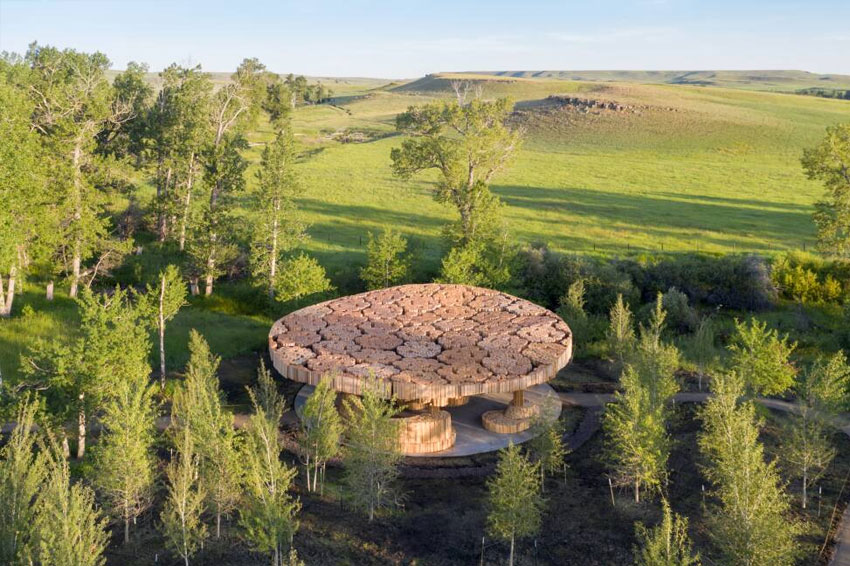
He travelled to Germany on a scholarship and began studying architecture at the Technical University of Berlin in 1995. In the meanwhile, he has dual citizenship with Burkina Faso and Germany.
In 2004, he received the renowned Aga Khan Award for Architecture for his debut design, a primary school in his native community.
His trailblazing strategy was to reintroduce ancient practises. Rather of utilising concrete, a widely used but costly material for school construction in Burkina Faso, Kere used local resources to construct classrooms using clay.
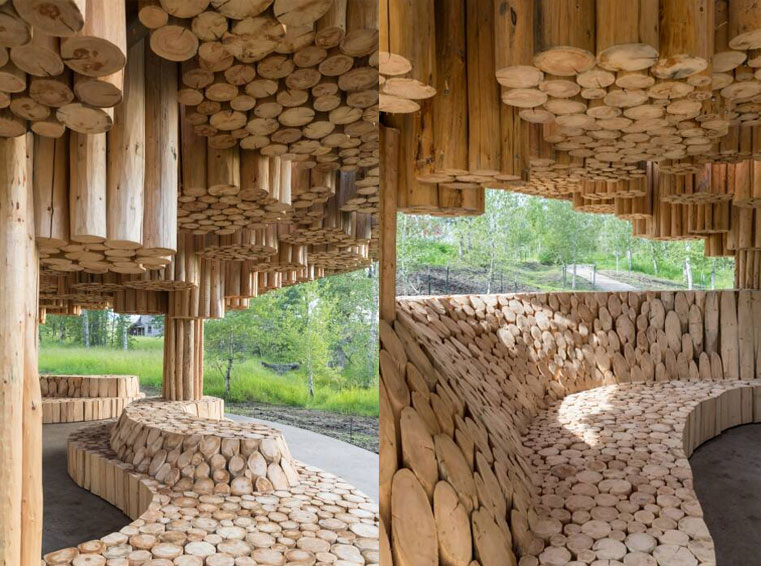
Often derided as the "poor man's building material," earthen structures are more suited to the Sahel's environment than concrete structures, which get intolerably hot.
 Suhas
Suhas


Comments
No comments yet.
Add Your Comment
Thank you, for commenting !!
Your comment is under moderation...
Keep reading luxury post